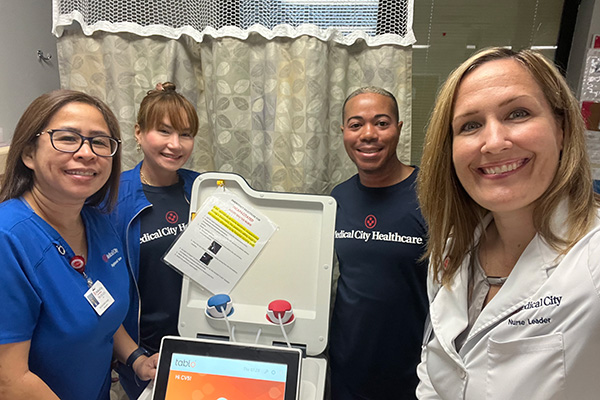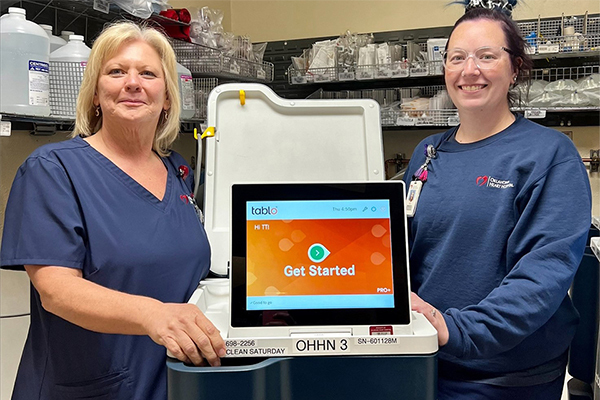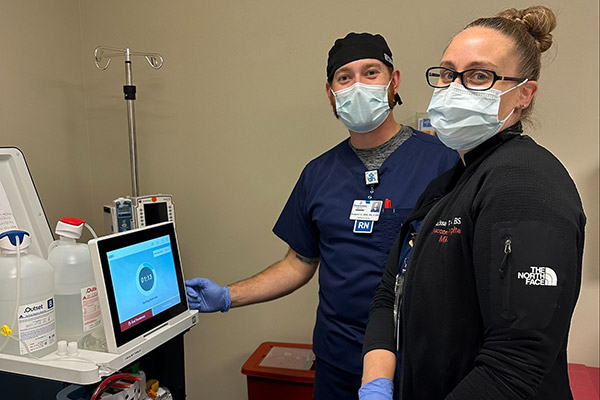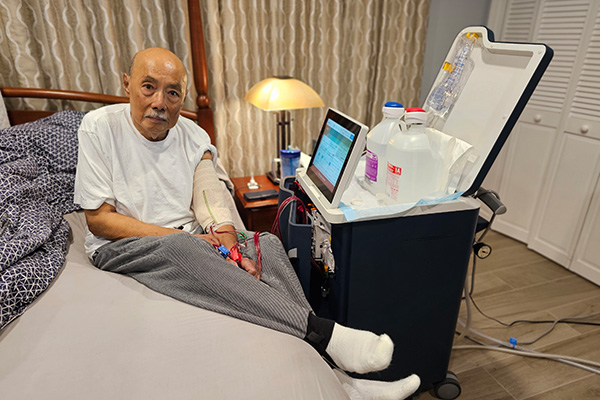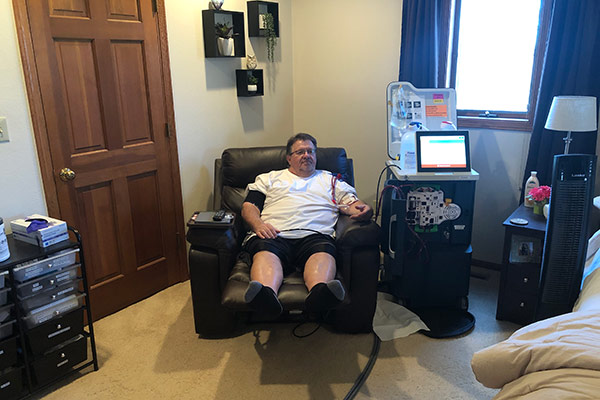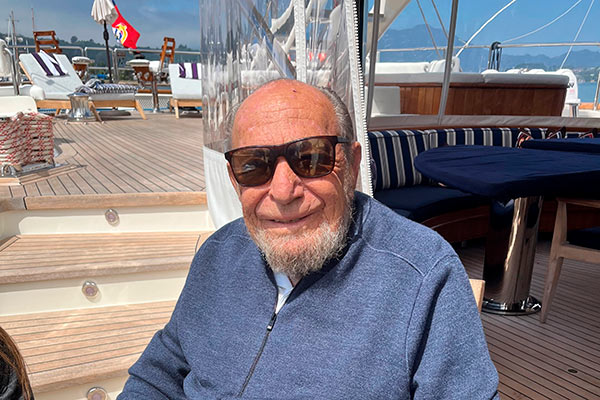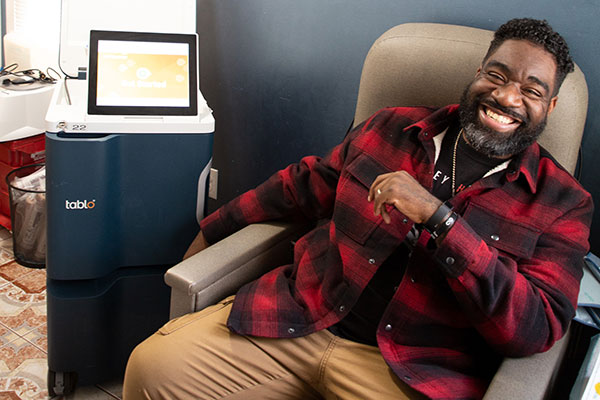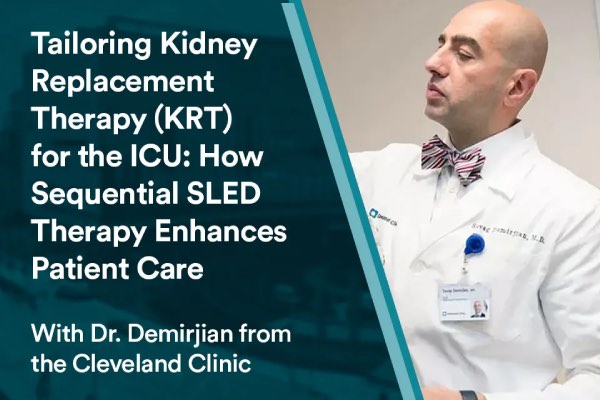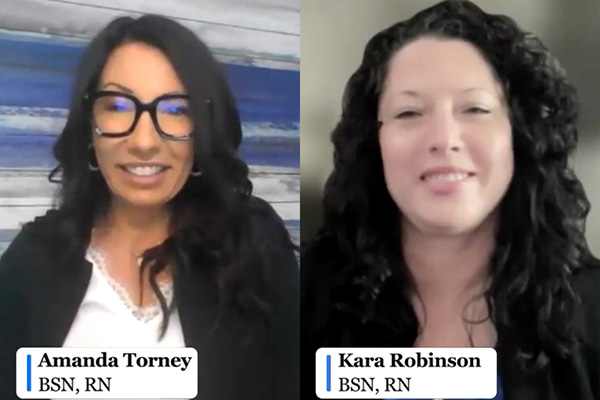From the Outset
Featured blog story
Learn from Krysta Myers, Division Director of Dialysis at Medical City Healthcare North Texas, how the transition to Tablo has benefited her hospital system’s patients, staff, and overall operations.
Case studies
This northwestern Florida health system has given its dialysis and ICU nurses control over acute dialysis services and the ability to expand their program, after converting from an outsourced provider and moving to a large and modern new facility.

